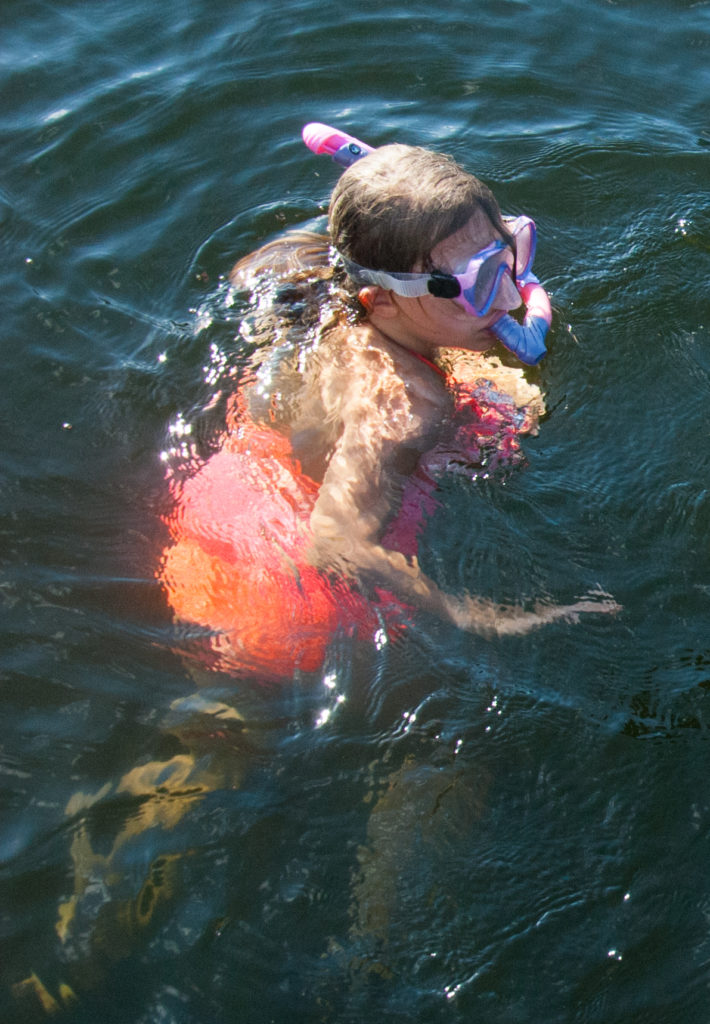You won’t believe the trash at the bottom of Inland Lake

By Sean Percy
There are four kinds of litter on the bottom of Inland Lake. Two are accidental, one is sad, and the third is idiotic.
My kids and I spent a good chunk of our recent camping trip snorkeling and free-diving around the lower part of the popular recreation lake, and the junk we collected was remarkable.
We started out with the intention of looking for lost fishing gear. We do this every year, and usually collect enough tackle to fill a small tackle box. This year, we put in a bit of extra effort, and my kids, aged 10 and 12, have become more accomplished free divers, so it wasn’t surprising that we found more hooks tangled in branches and trolls stuck on stumps. We would dive down, untangle the lures or cut them free, pocket the treasure, and dispose of yards of fishing line. As a diver, I had long ago taught my kids the dangers of fishing line. If it can ensnare a diver, imagine what it might do to an unfortunate loon or beaver. So we always take the line with us. The anglers who have lost these lures may not be the best fishermen around, but they didn’t intend to litter – in fact, they’re actively trying not to. I can forgive them.
I can also forgive the second kind of litter–the occasional can or bag or lid that has blown off the dock or out of a boat. It’s not good, but it’s understandable.
I can even forgive the third kind of litter–though if it happened today, I’d be outraged. The lake contains a smattering of historical logging artefacts–an old boat, some railways tracks, a chunk of cable. Sadly, when those items were dropped in the lake, environmental awareness was not what it is today. Not a proud part of our history, but understandable.
What really irks me, however, are the cans, plastic containers and other jetsam that have been just tossed into the lake–as if they disappear once they go below the surface.
Out of sight is not gone. Litter underwater is still litter, only the environmental impacts are, in many cases, greater when something breaks down in a body of water. All that litter is not accidental. For example, my son queried why there were so many beer cans around a particular stump. I had to explain, with what I hope was an appropriate amount of disdain, that some idiots had probably tied up to the stump, drank their fill and dropped their empties overboard.
Happily, there appears to be hope for the future. When I started picking up cans, bottles and debris, my kids didn’t even ask why. They got it without my telling them. The hordes of curious kids on the dock didn’t ask why we were gathering trash from the bottom of the lake, either. It made sense to them. A few folks even thanked us. (We would leave the trash collected on the dock for a few hours just so people could see it, and, we hoped, take the hint.)
Not that our snorkeling adventures are going to save the world or make us saints–we were, after all, after fishing gear at first. But hopefully, we made a little dent, and, even more hopefully, someone will think twice before tossing something overboard.
Powell River Living Magazine
Latest posts by Powell River Living Magazine (see all)
- Do You Know the Best Facebooker in Powell River? - July 25, 2018
- 2018 Best of Powell River: The Arts - July 19, 2018
- Best of Powell River: Civic Pride - July 19, 2018

